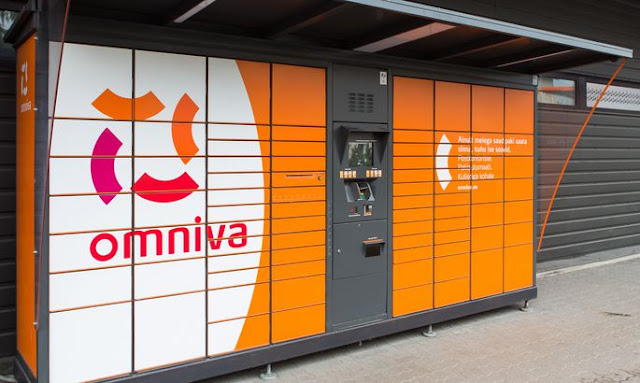Making the world flatter
“The world is flat” was a book and an idea presented by Thomas Friedman in 2005. The concept of the flat world means that globalization has changed our world economics drastically by creating international and even intercontinental supply and support chains. Global competition between companies, teams and even people has made many things cheaper, ideas and innovation travel faster, but it has also caused jobs to move and the environment to suffer from consumption, logistics and travelling.
But how flat is the world really? Is it flatter in some parts of the world? How is the situation in the Nordics and Baltics? Here is my perspective to it and I hope to bring it some insight from my experience of moving on an international assignment from Tallinn to Stockholm.
Why a multi-national company should move people?
The reason is pretty obvious. This is the best way to get people to work together and share ideas and experiences. Videoconferences, telephone meetings and visits do help, but especially when starting successful co-operation you need to have the team in one room for some time. Othervise the problems of different goals, interests, language will not be solved and the co-operation just does not start.
How flat is the Nordic and Baltic area?
The world is much less flat in the Nordic and Baltic countries than it is in UK and in the USA. In the year 2009 2,2% of Americans moved from one US state to another. If we compare EU member states to US states then we can see that the number of people emigrating or immigrating to Sweden was 1,52% of the population. For Finland it was 0,73% and for Estonia only 0,64%. So we can say that the Nordic countries are in a world that is 30% to 70% "less flat" than the US.
And there are numerous reasons why the Nordic world is less flat
As a recent mover I can point out many things that make moving and communicating in the Nordics more difficult than it would be in USA.
The language – this is of course the most important difference between Europe and USA or the English speaking world in general. Although most of the communication can be done in English and many people in Sweden, are very good in English, then sooner or later you run into situations where the local language is of great importance. For example if you need to know detailed rules of registering your car or details of tax system or find a good local grocery shop on the internet or buy a ticket for the bus. This is the time when Google Translate becomes your best friend really fast. It usually are the difficult and crisis situations where you need the local language the most. Like an announcment of a traffic stop on Tunnelbana or the neighbours repairing the piping and shutting down your water.
The culture – Different nations have different pop-stars, sportsmen, history and it is only polite that you get to know them. But besides such fact knowledge you need to understand the subtle ways people interact. Does “Yes, but…” mean actually “No”? If a person is just sitting silent then is he “aggressively planning something” or is he just “a calm person”?
The school system – This is a real challenge if you move with your family. Are the lessons the same? Is the level of lessons different? Can you later move back or move forward and how much caching up needs to be done then? Here again the language as a challenge comes in.
The administrative stuff – The taxes are different, the socialcare systems are different. Thank God we have EU that makes cross-border moving much easier, but still there are many things you have to arrange and they cost and take time. My experience has been that you should plan at least 2+2 months for arranging everything. 2 months for closing and preparing in your previous home and 2 months opening and registering everything in your new home. Tax department, appartments, mobile phones, bank-accounts, hobbies, TV subscriptions, packing-unpacking....it really is something.
My final two thoughts would be, that although difficult, then moving from country to country is worthwhile. It is really interesting and you do learn a lot! The other eternal truth is that the less stuff you have the better! So if you are thinking of visiting a shopping centre this weekend...then try not to. :-)


Comments
Post a Comment